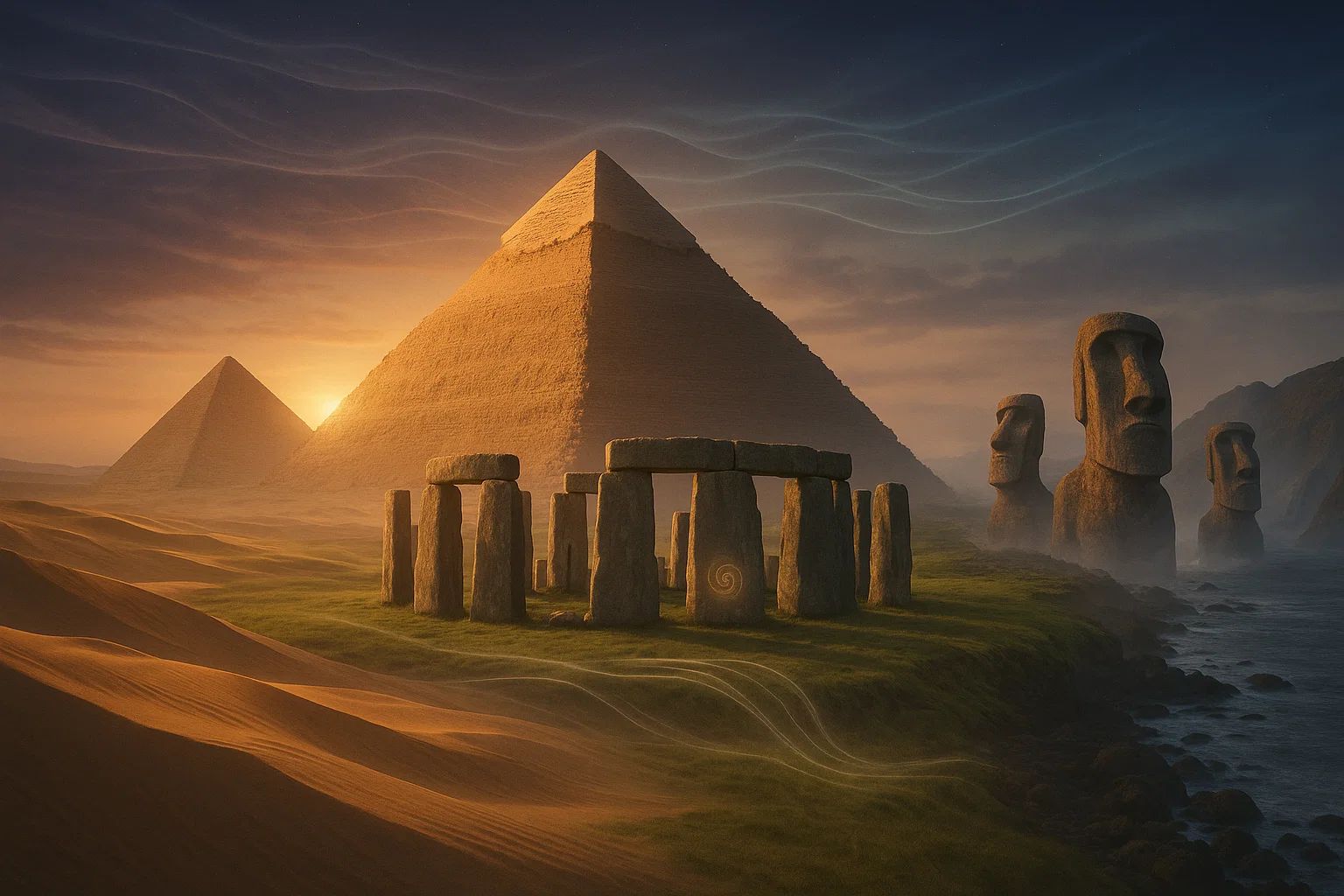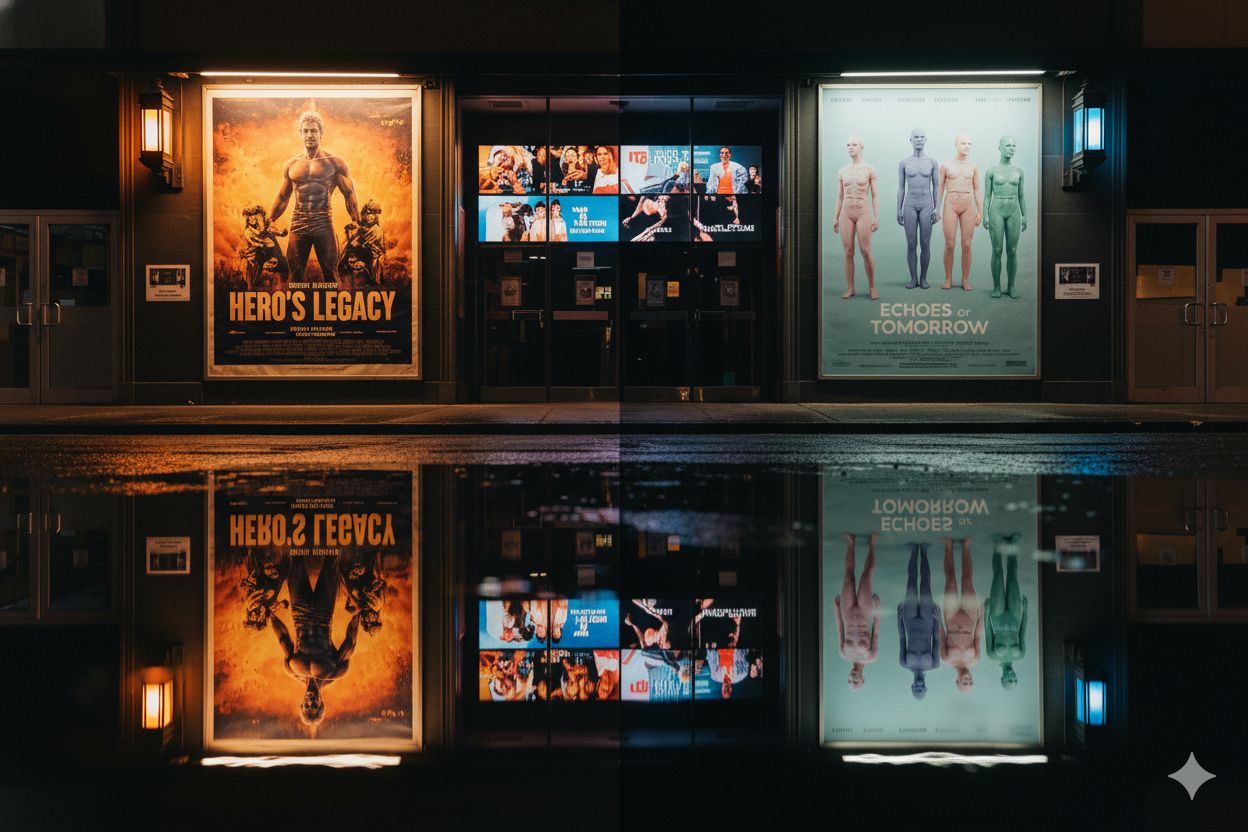More and more voices claim that modern cinema, TV series, and social media are systematically rewriting gender roles, marginalizing the traditional image of men and the family. Some see it as a deliberate ideological campaign in which the male figure is often shown as clumsy, toxic, or unnecessary. Others argue it’s simply a reflection of cultural change and a move toward greater representation of different identities – including LGBTQ. Behind this lies a broader dispute: are the media a socializing tool or merely a mirror of a society that is evolving on its own? Are we witnessing the destruction of masculinity or a new form of feminism?
Tag: conspiracy theories
Conspiracy theories covers surveys about beliefs in hidden actions by governments, corporations or influential groups allegedly controlling political and social events. This category examines how such narratives are perceived, trust in official information and the impact of misinformation on public opinion.
-
Should politicians take part in closed-door meetings of the Bilderberg Group?
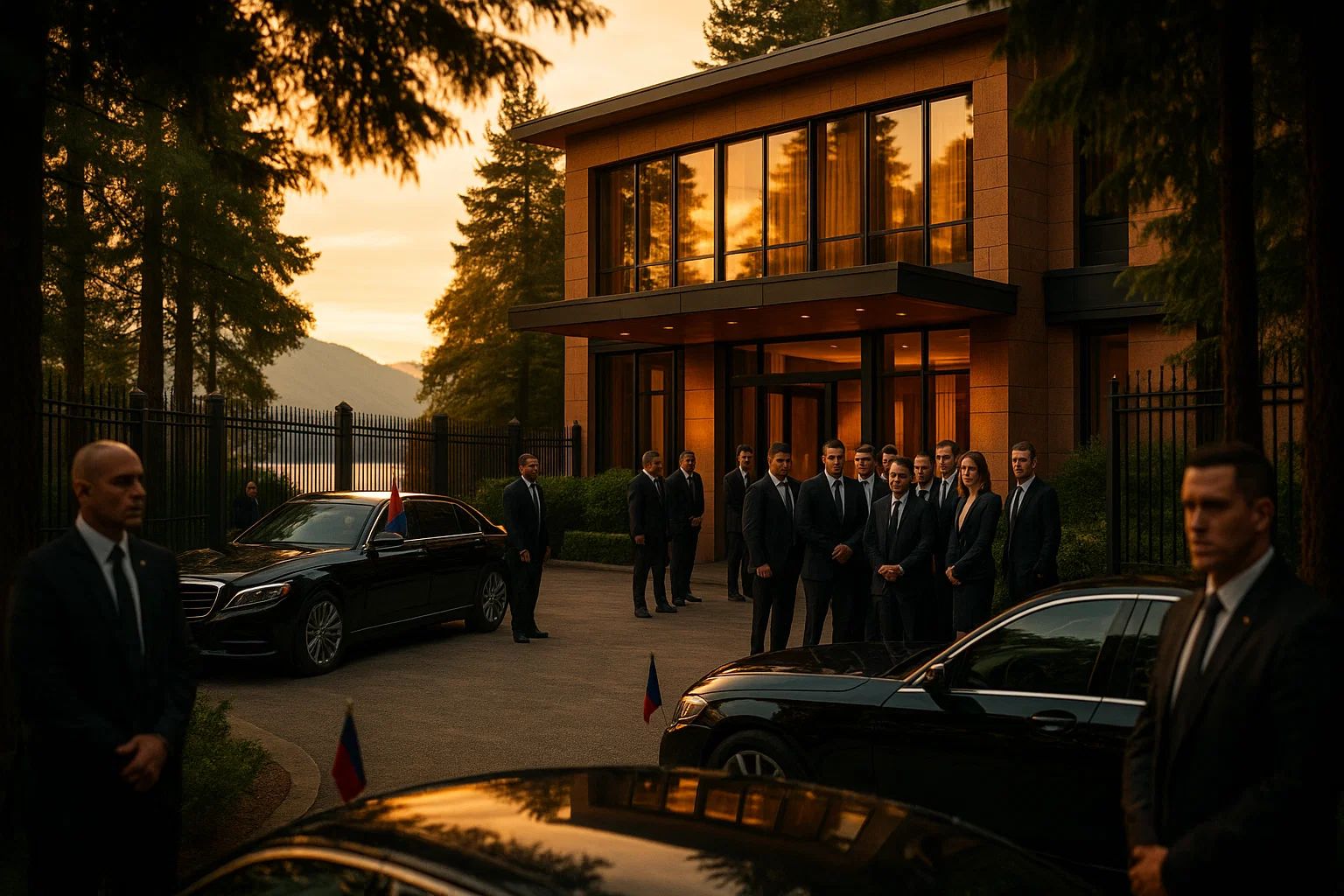
For decades, the Bilderberg Group has stirred emotions – some see it as an exclusive club of elites discussing the future of the world, others – as a secret center of power above nations. The meetings take place behind closed doors, without media or official records, which only fuels suspicions of backroom deals. Supporters claim it is a forum for free exchange of ideas, while critics argue it’s where bankers and politicians decide global economic and social strategies. The Internet is full of theories linking Bilderberg to the New World Order or global political control. Is it an innocent debate of elites, or the real command center steering the world from behind the scenes?
-
Halloween – fun, trend or spiritual threat?

More and more people outside the USA are wondering what Halloween really is – an innocent game or a spiritual danger. Some see it merely as a colorful American trend that gives children and adults a chance to dress up, eat sweets, and have fun together. Others claim it’s a dangerous phenomenon that gradually replaces local traditions, turning reflection on death into a grotesque festivity. Online, there are even theories that Halloween isn’t just an imported custom but a part of global spiritual manipulation – a subtle normalization of occultism and dark symbolism. So when we celebrate Halloween, are we truly just having fun, or are we letting foreign patterns slowly replace our roots?
-
Project Blue Beam
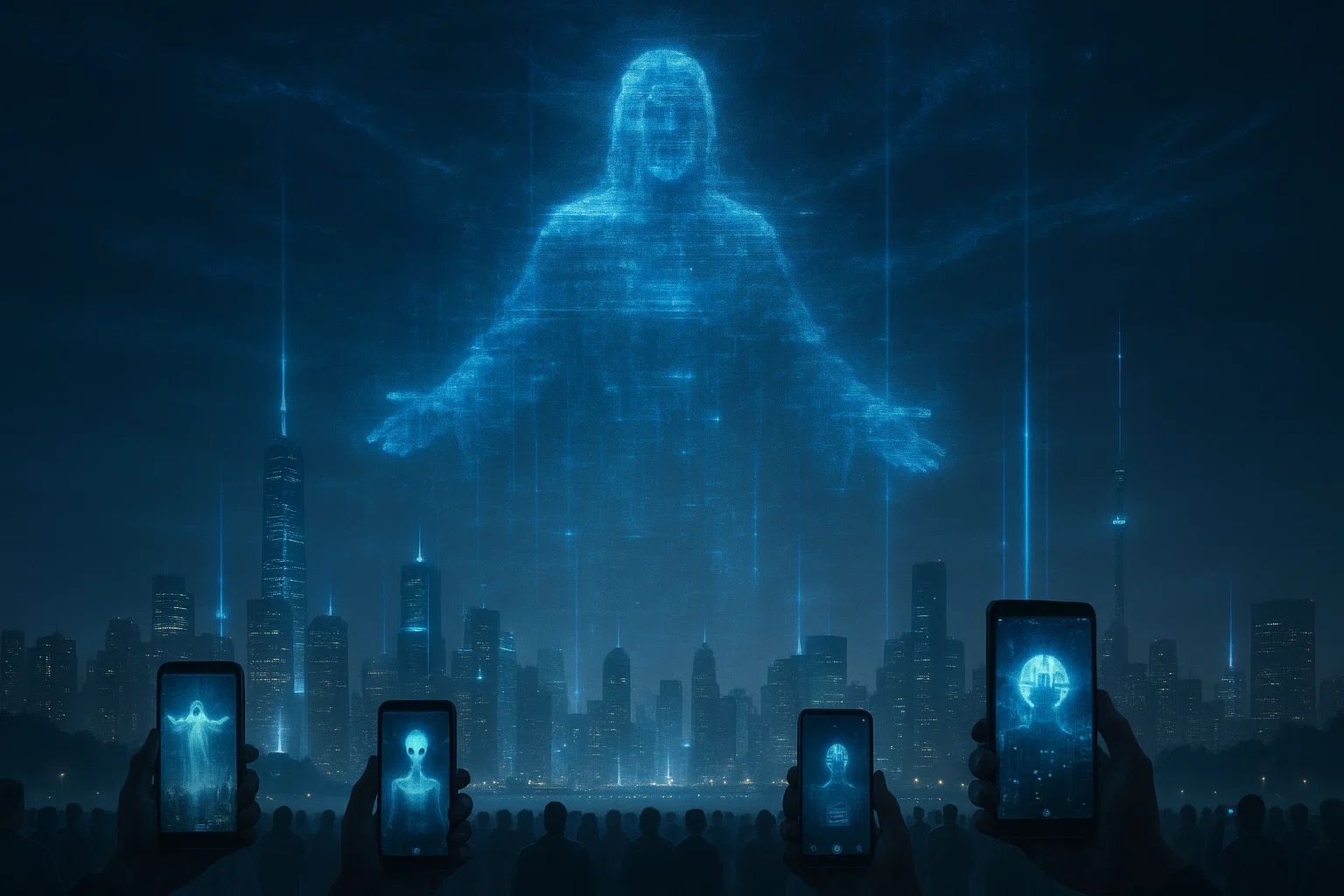
-
Where do the images in our dreams come from?
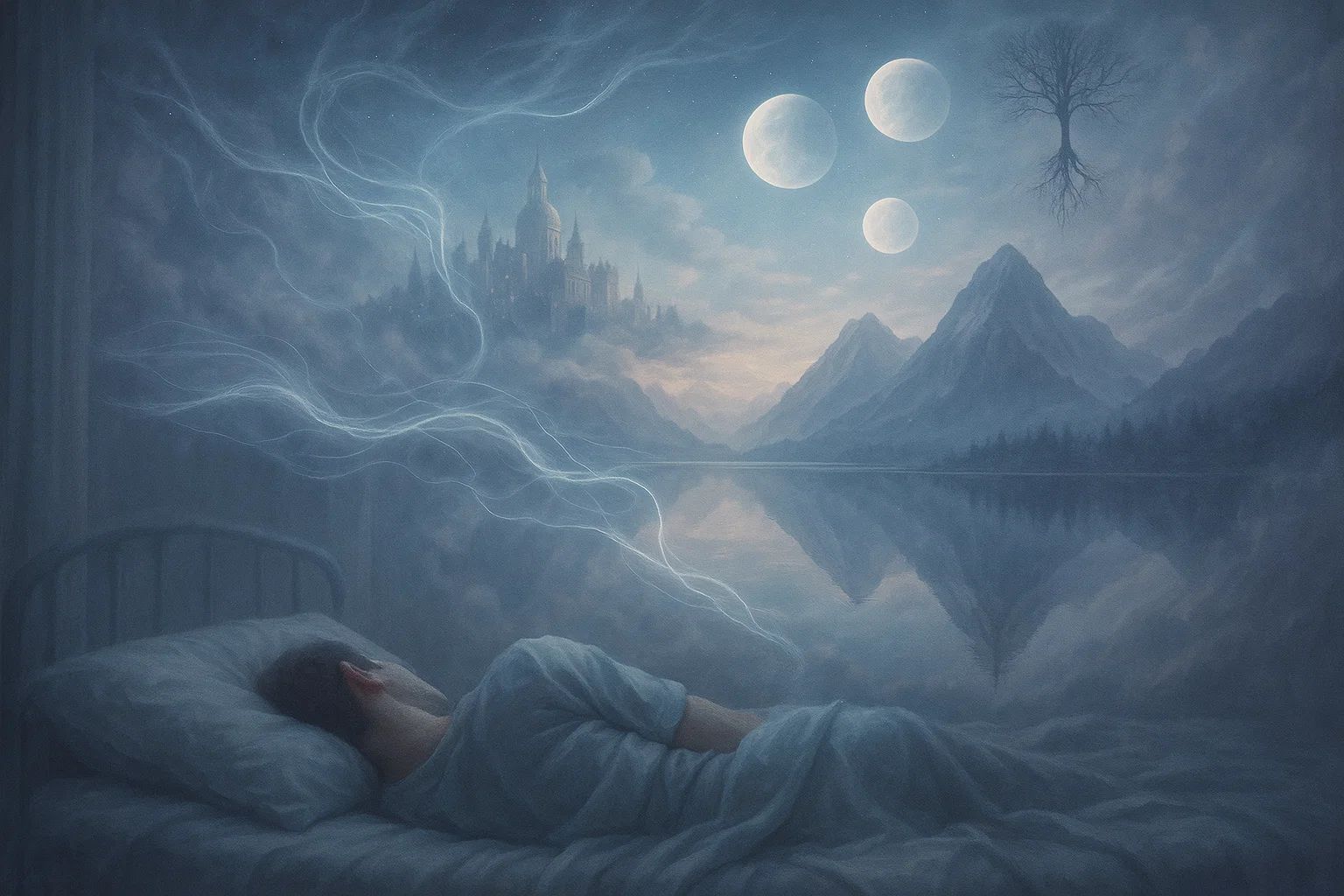
-
The mystery of ancient structures
